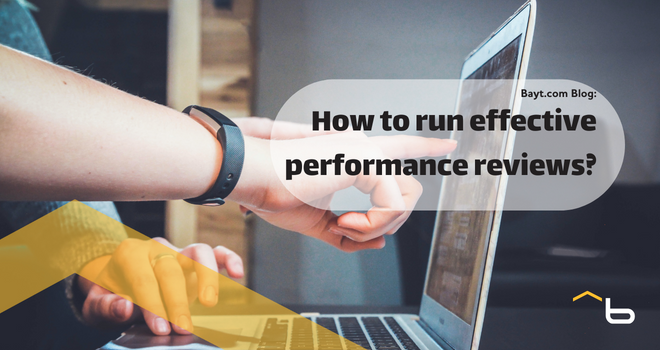![]()
Ready To Start Hiring?
Successful hiring starts with a simple step
Are you ready to take your performance reviews to the next level? Effective performance reviews can be a powerful tool for fostering employee growth and organizational success when done correctly.
We’ll delve into the techniques and best practices that will help you unleash the actual potential of your team through meaningful performance assessments 一 from setting clear goals and offering constructive feedback to promoting a positive and cooperative environment. So, prepare to alter your performance review process and improve your organization’s performance.
Here are some useful things to remember about effective performance reviews
Performance reviews are important in supporting organizational growth, development, and success. They offer a dedicated platform for assessing and recognizing employee performance, strengths, and opportunities for development.
Individual goals can be aligned with organizational objectives through performance reviews, assuring everyone is on the same page. Performance reviews educate employers on their professional development journey by providing constructive comments and helping them identify different ways to upskill their employees.
Furthermore, effective performance reviews promote open communication and positive company culture. They encourage employees to take ownership of their work and make appropriate improvements. Employers set the tone for collaboration in the workplace that aspires for excellence by emphasizing the importance of performance reviews.
It is critical to prepare for a performance review in order to make the most of this chance.
By actively preparing, you create the stage for a productive and meaningful performance review that contributes to individual growth and organizational success.

There are some crucial points to remember to ensure good performance reviews.
Prepare a planned meeting agenda to stay focused and cover all pertinent subjects. Ask open-ended inquiries and actively listen to the employee’s perspective to encourage open communication.
When delivering feedback:
Additionally, rather than depending exclusively on annual reviews, emphasize continual feedback and support throughout the year. By following these guidelines, you may conduct performance reviews that inspire growth, enhance relationships, and drive overall organizational success.
Following up on a performance review and taking specific activities to help the employee’s development is critical.
Remember that a performance review is a continuous process, not a one-time event.
You establish a culture of continuous improvement and generate lasting achievement for both the individual and the organization by actively encouraging and investing in the employee’s progress.
Conducting effective performance reviews is a significant tool for staff development and organizational success. To foster a culture of constant growth, emphasize open communication, constructive feedback, and continuous help.
Remember that performance reviews nurture talent, promote growth, and drive excellence. With the correct strategy, you can unleash your team’s full potential and pave the road for a brighter future for your employees and your company.
![]()
Successful hiring starts with a simple step